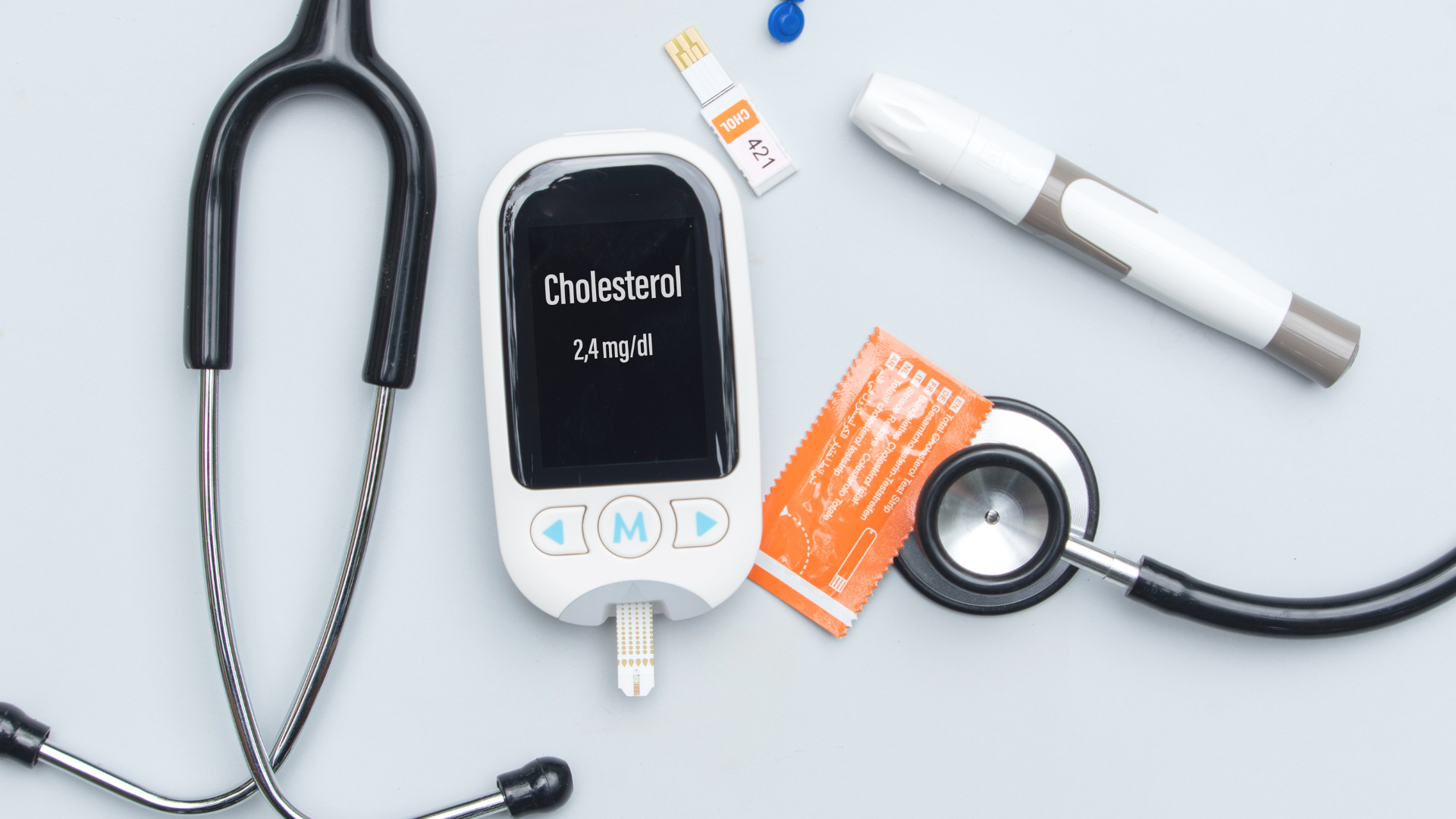Menopause is a natural biological transition, but it often arrives with a wave of emotional turbulence. From unexpected irritability and anxiety to bouts of sadness or even depression, the emotional swings during menopause can feel overwhelming. While hormonal changes are the most recognized culprit, modern research points to another critical player: your gut microbiome.
The gut isn’t just about digestion—it’s deeply connected to your brain, mood, and even hormone regulation. By understanding how your microbiome interacts with menopausal changes, you may be able to manage emotional swings more effectively. In this blog, we’ll explore gut-first approaches for menopausal mood regulation, backed by science, and actionable lifestyle strategies that can help stabilize emotional balance.
Understanding Menopausal Mood Swings
Menopause is defined as the permanent end of menstrual cycles, typically occurring between ages 45 and 55. The transition, known as perimenopause, can last several years and brings fluctuating levels of estrogen and progesterone. These hormones play a major role in mood regulation, neurotransmitter production, and stress response.
Common emotional symptoms during menopause include:
- Irritability and frustration
- Anxiety or panic attacks
- Low motivation and fatigue
- Depressive moods
- Sleep disturbances affecting emotional stability
While hormonal fluctuations explain much of this, they don’t tell the whole story. Many women with similar hormonal levels experience very different emotional challenges. This suggests other systems, like the gut microbiome, may influence how strongly mood swings manifest.
The Gut-Brain Axis: Your Second Brain in Action
The gut is often called the “second brain” because it houses an extensive network of neurons known as the enteric nervous system. It communicates with the brain through the gut-brain axis, a bi-directional system that involves:
- Vagus nerve signaling (fast communication between gut and brain)
- Hormone and neurotransmitter production (serotonin, dopamine, GABA, etc.)
- Immune system interactions (inflammation can affect mood)
In fact, about 90% of serotonin, the “feel-good” neurotransmitter, is produced in the gut. A disrupted microbiome can reduce serotonin production and increase inflammation, both of which contribute to mood disorders.
For menopausal women, the gut-brain axis takes on new importance because:
- Hormonal fluctuations affect gut bacteria composition.
- Gut dysbiosis (imbalance of good and bad bacteria) worsens inflammation, amplifying mood instability.
- A healthy gut can support more stable emotional responses during hormonal shifts.
How Menopause Impacts the Gut Microbiome
Menopause doesn’t just affect reproductive hormones—it also changes the microbiome in ways that may worsen mood swings.
Research shows:
- Declining estrogen reduces microbial diversity, allowing harmful bacteria to flourish.
- Gut permeability (leaky gut) increases during menopause, letting inflammatory compounds enter the bloodstream, which can trigger brain inflammation and mood disorders.
- Short-chain fatty acid (SCFA) production decreases, which affects energy, gut lining health, and emotional regulation.
- Estrobolome disruption occurs—the group of gut bacteria that metabolize and regulate estrogen. A disrupted estrobolome may cause estrogen levels to fluctuate more dramatically, fueling mood swings.
This gut-hormone connection makes a gut-first approach essential for managing menopausal moods.
Gut-First Approaches to Stabilize Menopausal Emotional Swings
The good news is that lifestyle and diet can positively reshape the microbiome, supporting both gut health and mood stability. Below are science-backed approaches.
1. Prioritize a Gut-Healthy Diet
Food is one of the most powerful tools for nurturing a balanced microbiome.
- Prebiotic-rich foods: Garlic, onions, leeks, asparagus, bananas, and oats feed beneficial bacteria.
- Probiotic-rich foods: Yogurt, kefir, sauerkraut, kimchi, miso, and tempeh introduce live bacteria that enhance gut balance.
- Fiber intake: Whole grains, legumes, fruits, and vegetables promote microbial diversity and support SCFA production.
- Polyphenol-rich foods: Berries, green tea, dark chocolate, and olive oil help reduce inflammation and feed healthy bacteria.
- Omega-3 fatty acids: Found in salmon, flaxseeds, and walnuts, omega-3s reduce inflammation and support brain health.
👉 Gut-first tip: Limit processed foods, refined sugars, and alcohol, which disrupt microbial diversity and worsen mood swings.
2. Consider Targeted Probiotics
Not all probiotics are equal. Certain strains have been studied for mood regulation, especially in menopausal women.
- Lactobacillus rhamnosus: Supports stress resilience by modulating GABA receptors.
- Bifidobacterium longum: Shown to reduce anxiety and depressive symptoms.
- Lactobacillus reuteri: Supports estrogen metabolism and gut health.
A high-quality, multi-strain probiotic supplement may help regulate both gut balance and mood swings.
3. Support Hormone-Microbiome Interactions
The estrobolome is crucial for estrogen regulation. When balanced, it helps recycle and regulate estrogen effectively, minimizing extreme hormonal fluctuations.
Gut-first support includes:
- Eating more cruciferous vegetables (broccoli, cauliflower, Brussels sprouts) for estrogen balance.
- Avoiding unnecessary antibiotics, which disrupt estrobolome diversity.
- Supporting liver detoxification with leafy greens, turmeric, and adequate hydration to ensure estrogen metabolites are cleared effectively.
4. Reduce Inflammation Through Gut Health
Inflammation is a key driver of mood swings and depressive symptoms. A leaky gut allows inflammatory molecules into the bloodstream, worsening brain inflammation.
Ways to reduce inflammation via gut health:
- Adopt an anti-inflammatory diet (Mediterranean diet is highly effective).
- Incorporate spices like turmeric and ginger.
- Ensure adequate vitamin D, zinc, and magnesium, which support both gut and brain function.
- Avoid excessive caffeine and processed oils (like soybean and canola oil).
5. Stress Management and the Gut
Chronic stress directly harms the microbiome, reducing beneficial bacteria and promoting dysbiosis. Menopausal mood swings often worsen when stress is unmanaged.
Gut-first stress management strategies:
- Mindful eating: Slow, conscious eating improves digestion and gut-brain signaling.
- Breathwork and meditation: Calm the nervous system and reduce gut inflammation.
- Yoga and tai chi: Physical practices that reduce cortisol and support gut balance.
- Adequate sleep: Poor sleep disrupts microbiome diversity and hormone balance.
6. Exercise for Gut and Mood
Regular physical activity not only boosts endorphins but also increases gut microbial diversity.
- Moderate-intensity exercise (walking, cycling, swimming) supports emotional regulation.
- Strength training helps balance hormones and bone health while supporting metabolic stability.
👉 Gut-first tip: Avoid over-exercising, which can increase cortisol and harm gut balance.
7. Herbal and Natural Supports
Certain herbs and natural supplements can support both gut health and menopausal mood.
- Ashwagandha: Adaptogen that reduces stress and supports gut-brain balance.
- Rhodiola rosea: Enhances resilience to stress and supports neurotransmitter function.
- Black cohosh: Used traditionally for menopausal symptoms; may indirectly support mood.
- Prebiotic fibers (inulin, resistant starch): Feed beneficial gut bacteria.
Always consult a healthcare provider before adding supplements, especially if taking other medications.
The Science Behind Gut-First Approaches
Emerging research strengthens the link between the gut microbiome and menopausal mood swings.
- A 2021 study in Menopause journal showed women with more diverse gut microbiomes reported fewer mood-related symptoms during menopause.
- Research in Frontiers in Psychiatry highlighted that probiotics can significantly improve depressive symptoms, suggesting potential for menopausal women.
- The estrobolome is now recognized as a key regulator of estrogen balance, making gut health essential for hormonal stability.
While more studies are needed, the evidence supports the gut-first framework for emotional well-being during menopause.
Practical Gut-First Plan for Menopausal Mood
Here’s how you can apply these strategies in daily life:
Morning:
- Start with warm lemon water + chia seeds.
- Eat a probiotic-rich breakfast (yogurt with flaxseeds and berries).
- 10 minutes of deep breathing or meditation.
Afternoon:
- Have a fiber-rich lunch (quinoa, leafy greens, grilled salmon).
- 20–30 minutes of brisk walking.
- Green tea for polyphenols and calm energy.
Evening:
- Light dinner with fermented vegetables and whole grains.
- Herbal tea (chamomile, ashwagandha blend).
- Digital detox before bed + restorative sleep routine.
By consistently nurturing your microbiome, you can create a stable foundation for mood regulation, even during the hormonal shifts of menopause.
Final Thoughts: Can Your Microbiome Stabilize Menopausal Mood?
Menopausal mood swings are not solely about hormones—they’re about how your body, brain, and microbiome interact. A disrupted gut can worsen emotional instability, while a nourished microbiome can act as a buffer, producing mood-regulating neurotransmitters, reducing inflammation, and supporting hormone balance.
Gut-first approaches offer a powerful, natural way to stabilize emotional swings. By focusing on diet, probiotics, stress management, and lifestyle strategies, you can harness the gut-brain connection to ease the emotional rollercoaster of menopause.
Your microbiome may indeed hold the key to calmer, more balanced moods during this transformative stage of life.





